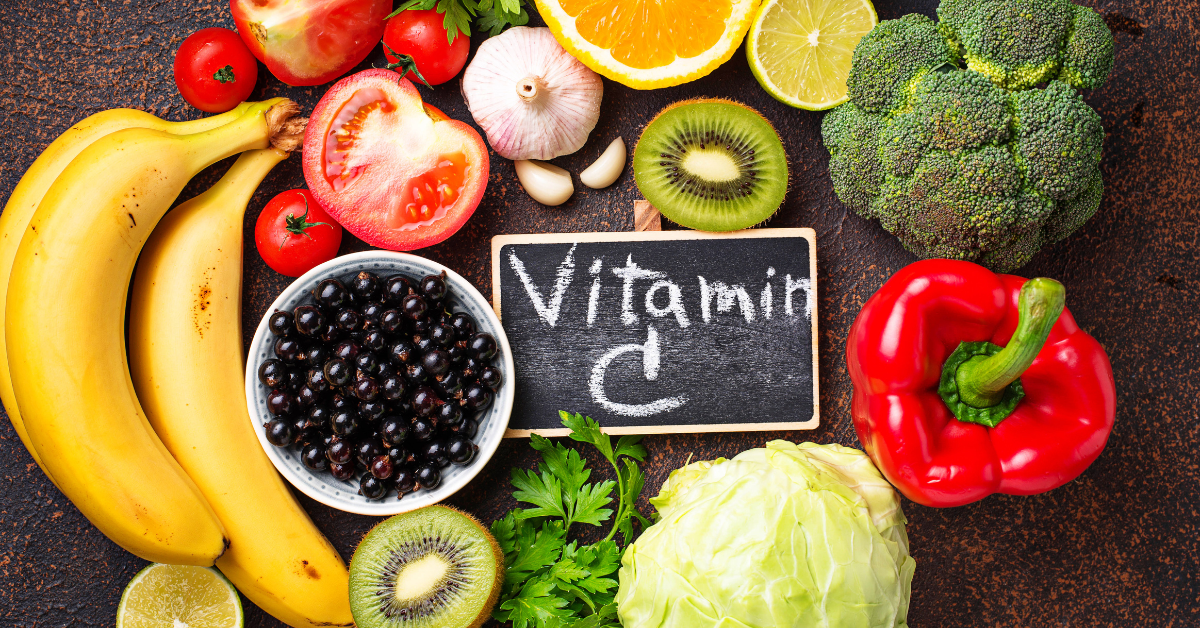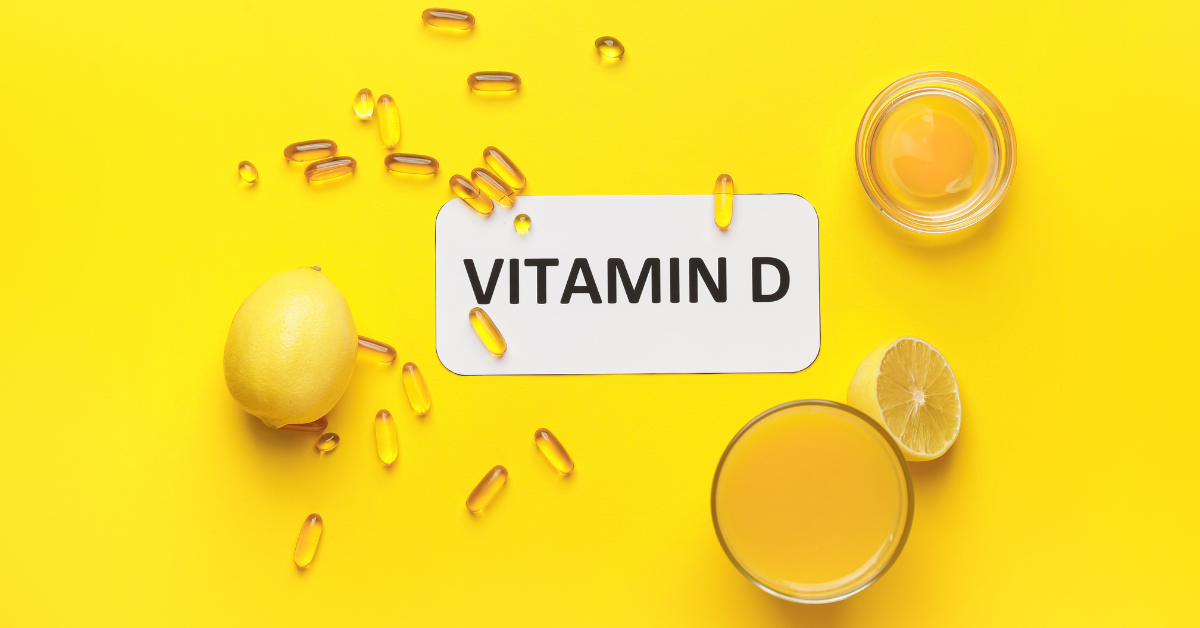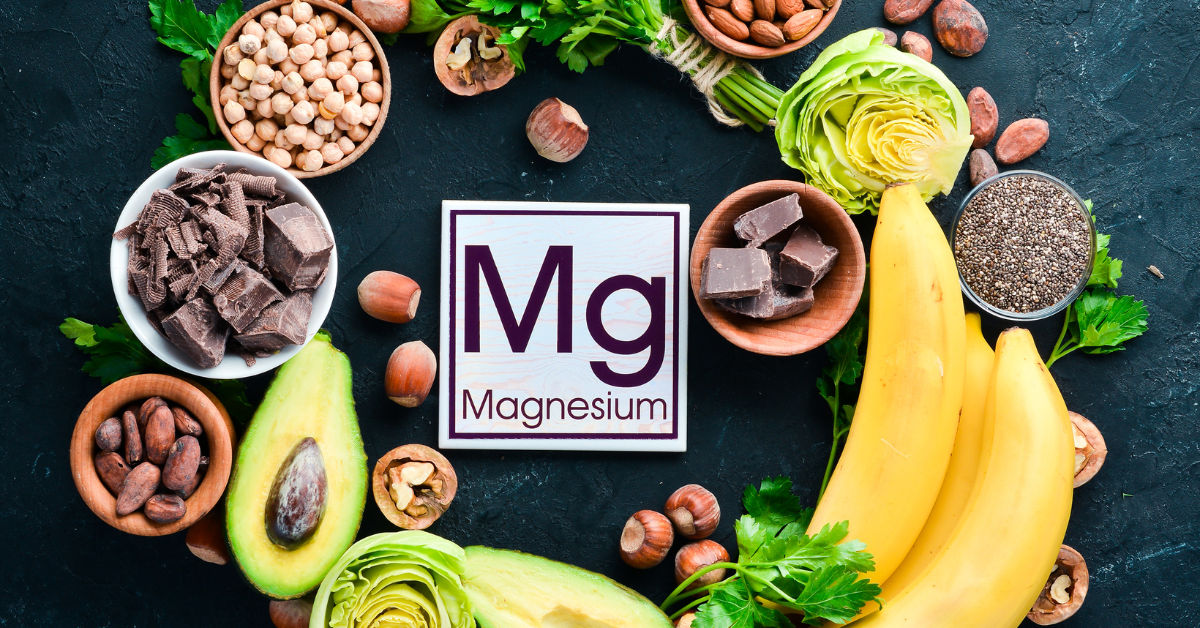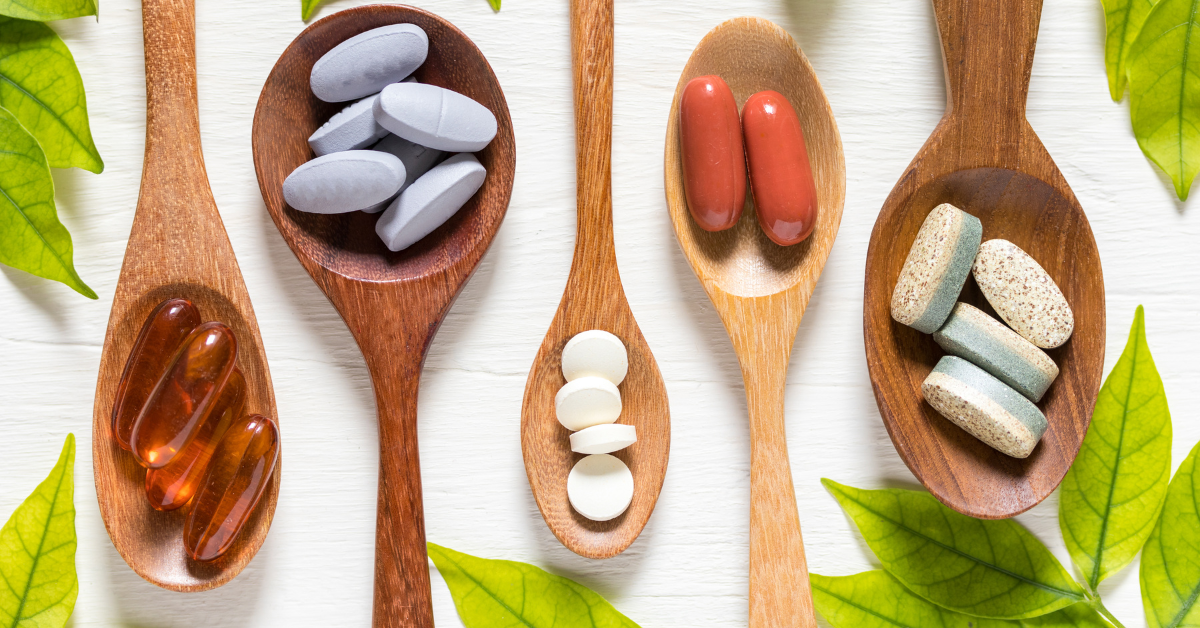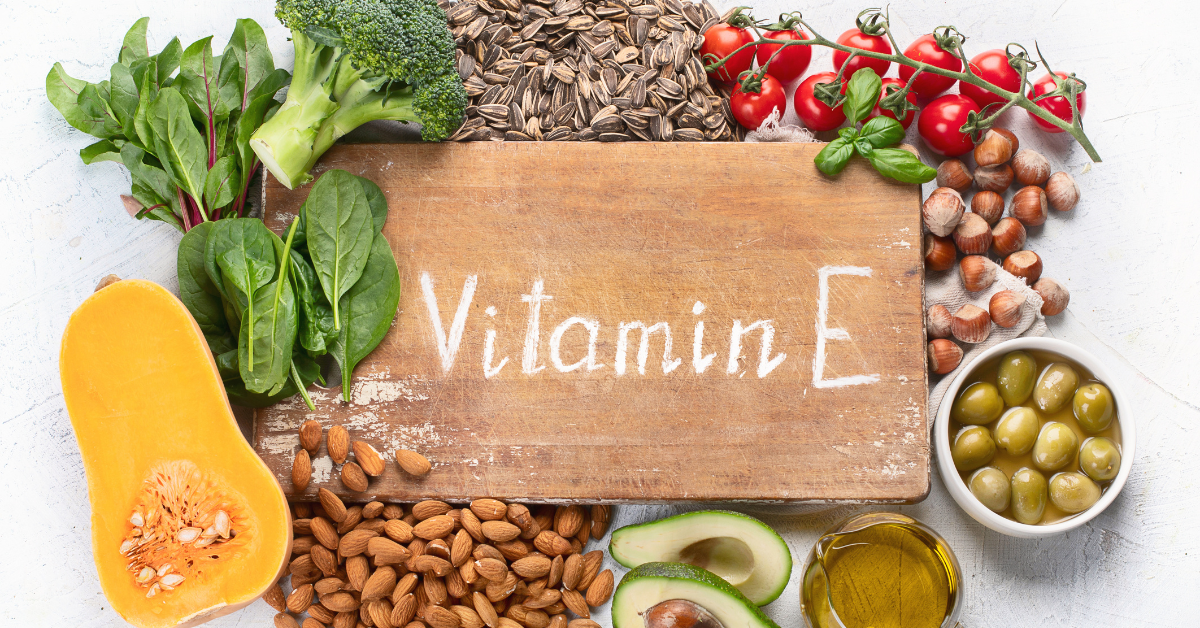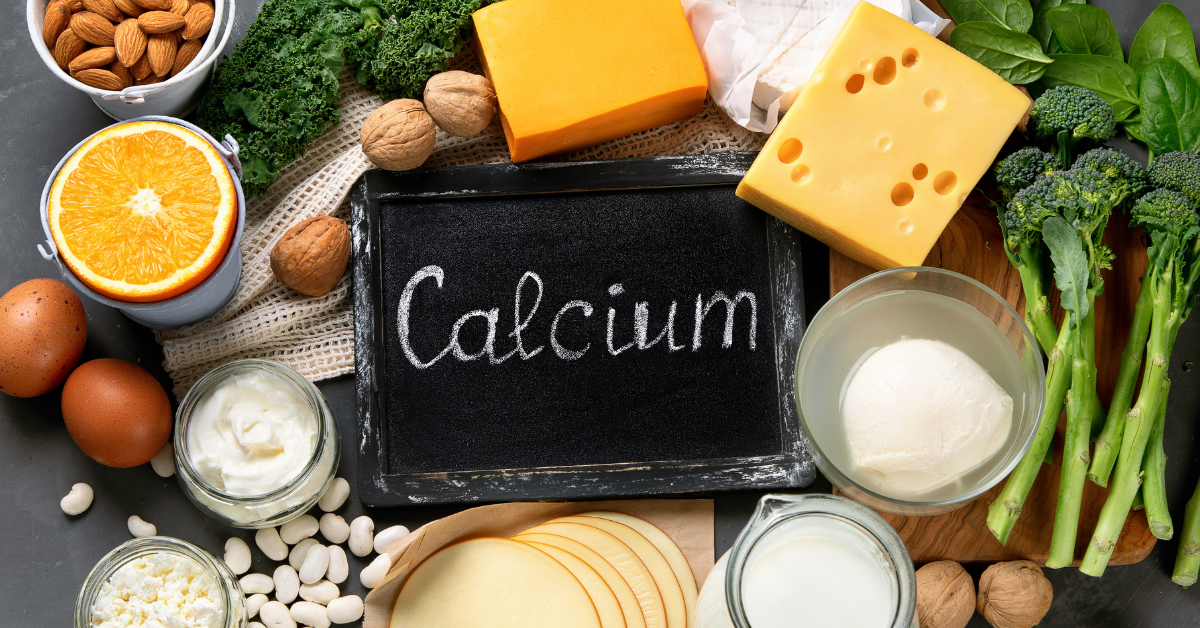The Essential Vitamins & Minerals for Energy Through the Seasons
Energy is the foundation of a healthy life. It fuels everything we do — from getting out of bed in the morning to maintaining focus at work, exercising, and even recovering afterwards. Yet many people find that their energy fluctuates throughout the year. In winter, fatigue can creep in with shorter days and less sunlight. Spring brings renewed motivation but also seasonal allergies and stress on the immune system. Summer can deplete minerals through heat and activity, while autumn often tests our immune resilience once more.
Your body’s energy levels are directly linked to the nutrients you take in. Vitamins and minerals act like small but powerful switches that turn food into usable fuel, support oxygen transport, balance hormones, and protect cells from stress. When you are low in even one or two key nutrients, it can feel like your energy “battery” never quite charges.
By paying attention to what your body needs through the changing seasons, you can maintain consistent energy and resilience. Below are ten of the most important vitamins and minerals that work together to keep you feeling energised, clear-headed, and strong all year round — with practical tips on how to include them in your diet or supplement routine.
Below are ten of the most important vitamins and minerals for maintaining energy and vitality all year long.

1. B-Vitamins (B1, B2, B3, B5, B6, B12, Folate)
These vitamins are central in converting macronutrients (carbohydrates, fats, proteins) into usable energy. They also support nervous system health, mood, and cognitive function. nhs.uk+1
-
Seasonal note: In spring and summer, when people may eat lighter, more plant-based diets, B12 and folate become especially important (as some plant sources are lower in B12). The Independent
-
Food sources / tips: whole grains, legumes, nuts, eggs, leafy greens, fortified foods.
-
Supplement tip: A broad B-complex is a good “insurance” choice if diet is inconsistent.
Vitamin C is a powerful antioxidant, mobilises iron (helping avoid fatigue), supports immune function, and helps reduce oxidative stress. (The Independent+2HIGH5+2)
-
Seasonal note: In winter and spring, when colds and infections tend to rise, having adequate vitamin C helps the immune system. (HIGH5+1)
-
Food sources / tips: citrus fruits, strawberries, bell peppers, broccoli, kiwis, tomatoes.
-
Supplement tip: Use timed-release or split doses to maintain steady levels.
Vitamin D is essential for bone health, muscle function, immune support, and mood regulation (especially in the UK). HIGH5+3nhs.uk+3The Independent+3
-
Seasonal note: From autumn through early spring in the UK, sunlight is too weak to make sufficient vitamin D in skin. Many people become deficient. Click Pharmacy+2The Independent+2
-
Food sources / tips: oily fish (salmon, mackerel), egg yolks, fortified foods (e.g. margarine, cereals).
-
Supplement tip: The UK government recommends 10 micrograms daily; many people benefit from higher doses after testing. The Independent+2Click Pharmacy+2
Magnesium is involved in hundreds of biochemical reactions, including energy production (ATP), muscle contraction and relaxation, and sleep quality. Plenish Drinks
-
Seasonal note: In summer, when sweating increases, you may lose more magnesium. Also stress and higher activity demand more. Plenish Drinks
-
Food sources / tips: nuts and seeds, whole grains, leafy greens, legumes.
-
Supplement tip: Magnesium citrate or glycinate are well absorbed forms.
Iron is essential for oxygen transport (haemoglobin) and preventing fatigue. Low iron impairs energy, cognition, and immunity. HIGH5+2Click Pharmacy+2
-
Seasonal note: Women in particular may struggle with low iron. In winter, with less activity or shortened daylight, low iron can exaggerate fatigue. Click Pharmacy+1
-
Food sources / tips: red meat, liver, beans, lentils, dark leafy greens. Pair with vitamin C to boost absorption.
-
Supplement tip: Take iron on an empty stomach or with vitamin C, but avoid taking it with calcium, coffee or tea (which inhibit absorption).
Zinc supports immune defence, cell repair, and helps protect against oxidative stress. Because energy metabolism is linked to cellular health, zinc is essential. HIGH5+2Click Pharmacy+2
-
Seasonal note: In the colder months when infections rise, zinc becomes more critical. Also, healing and repair need zinc. Click Pharmacy+1
-
Food sources / tips: meat, shellfish, whole grains, legumes, nuts and seeds.
-
Supplement tip: Avoid high doses long term; 25 mg daily is a common upper safe limit unless advised otherwise. Click Pharmacy
7. Vitamin A (Retinol / Beta-Carotene)
Vitamin A supports vision, immune function, and cell health. It also helps with iron metabolism and may protect against seasonal respiratory issues. Plenish Drinks+2justvitamins.co.uk+2
-
Seasonal note: Particularly useful in autumn/winter when respiratory illnesses are more common; also helps skin repair in sunnier months.
-
Food sources / tips: carrots, sweet potatoes, pumpkin, spinach, kale, liver.
-
Supplement tip: Use beta-carotene forms if worried about toxicity (retinol in high doses can be harmful).
Vitamin E is a potent antioxidant, protecting cell membranes from damage, supporting immune function, and helping with skin and vascular health. Plenish Drinks+2eternalbeing.co.uk+2
-
Seasonal note: In summer, exposure to UV and environmental stress increases oxidative damage – vitamin E helps defend. Plenish Drinks+1
-
Food sources / tips: nuts (almonds, hazelnuts), seeds (sunflower), green leafy vegetables, vegetable oils.
-
Supplement tip: Pair with vitamin C to regenerate its antioxidant capacity.
Calcium is not just for bones – it also supports muscle contractions, nerve transmission, and cellular signalling. Steady energy and muscle function depend on it. nhs.uk
-
Seasonal note: In winter, when vitamin D is low, calcium absorption may decline, meaning you need both together.
-
Food sources / tips: dairy, fortified plant milks, leafy greens (kale, collards), sardines, tofu.
-
Supplement tip: Don’t exceed recommended daily amounts; split doses if needed.
Selenium helps form antioxidant enzymes (e.g. glutathione peroxidase) which protect cells from oxidative stress and assist in immune response. It indirectly supports energy by reducing damage and promoting recovery.
-
Seasonal note: In winter & autumn, higher oxidative stress from infections and indoor heating may increase need.
-
Food sources / tips: Brazil nuts (very rich; 1–2 nuts may meet the daily requirement), fish, eggs, whole grains.
-
Supplement tip: Selenium has a narrow safe range – more is not better. Stick close to recommended dosages.
-
Spring & Summer: focus on B-vitamins, magnesium, vitamin E, and iron (especially if diet shifts).
-
Autumn & Winter: emphasise vitamin D, zinc, selenium, vitamin C, and ensure calcium is well absorbed.
-
All year: keep your B-complex, magnesium, and a well-balanced multivitamin or targeted supplements for gaps.
Maintaining balanced levels of these ten vitamins and minerals supports sustained energy, efficient metabolism, immune resilience, and healthy recovery no matter what season you’re in.
For high-quality supplements or formulations that deliver these nutrients responsibly, visit HealthySupplies.co.uk – our product range is designed to support you year-round.
This article is for informational purposes only and does not replace medical or nutritional advice. Always consult a qualified health professional or dietitian before beginning any new supplement regimen, especially if you have underlying health conditions or take medications.
